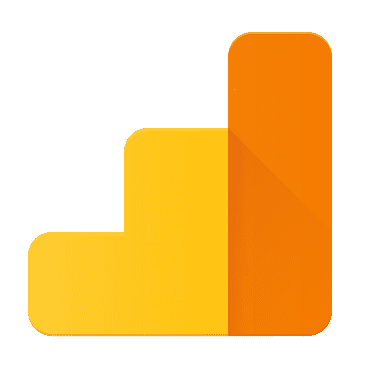
FullStory API
AnalyticsFullStory captures and replays your users' experiences so that you can build a better website or native mobile application. You can shape FullStory to your specific needs using our simple Client API and secure HTTP API. The Client API allows developers to manage recording, consume custom event data, and generate session replay URLs that can be used to integrate replay deeplinks with other platforms. The HTTP API allows you to control user data and export all event data captured by FullStory for external analysis.
📚 Documentation & Examples
Everything you need to integrate with FullStory API
🚀 Quick Start Examples
// FullStory API API Example
const response = await fetch('https://developer.fullstory.com/introduction', {
method: 'GET',
headers: {
'Content-Type': 'application/json'
}
});
const data = await response.json();
console.log(data);Using the FullStory API with JavaScript
The FullStory API allows developers to programmatically access data from the FullStory platform, enabling customization and integration of FullStory's session replay and analytics features within your own applications.
Getting Started
To begin using the FullStory API with JavaScript, you'll need to have a FullStory account, generate an API key, and include the FullStory API client library in your project.
Generating an API Key
To generate an API key, log in to your FullStory account and navigate to Settings > Integrations > API Keys. Click the "Generate New API Key" button and copy the key to your clipboard.
Including the FullStory API Client Library
You can download the FullStory API client library from the FullStory Developer Docs. Once downloaded, include the library in your project by adding the following script tag to your HTML:
<script src="fullstory.min.js"></script>
Example API Requests
Once you have included the FullStory API client library in your project and have your API key, you're ready to start making API requests. Here are a few example API requests that you can use to get started.
Retrieve a Session Replay URL
To retrieve a session replay URL for a particular user and session ID, use the getReplayUrl method:
FS.getReplayUrl({
user: "user@example.com",
sessionUrl: "https://app.fullstory.com/ui/ORG_ID/segment/SESSION_ID:PATH",
apiKey: "YOUR_API_KEY"
}, function(error, data) {
if (error) {
console.error(error);
} else {
console.log("Replay Url: " + data.replayUrl);
}
});
Search for Sessions
To search for sessions that match certain criteria, use the search method:
FS.search({
apiKey: "YOUR_API_KEY",
query: "customerEmail:'user@example.com'",
limit: 10
}, function(error, data) {
if (error) {
console.error(error);
} else {
console.log(data);
}
});
Send Custom Events
To send custom events from your application to FullStory, use the event method:
FS.event("addToCart", {
productId: "abc123",
price: 9.99,
quantity: 1
});
Conclusion
Using the FullStory API with JavaScript allows you to customize and integrate FullStory's session replay and analytics capabilities within your own applications. By following the examples provided in this guide, you can start making API requests to retrieve session replay URLs, search for sessions, and send custom events to FullStory.
📊 30-Day Uptime History
Daily uptime tracking showing online vs offline minutes









